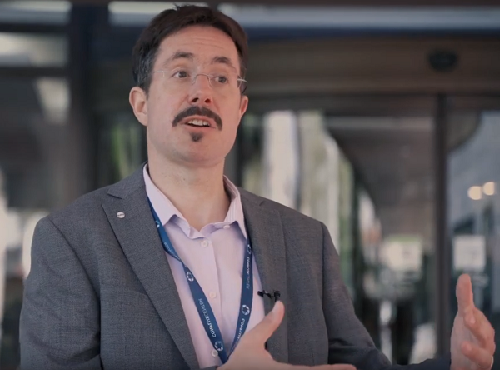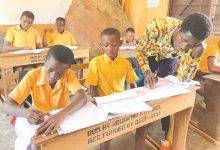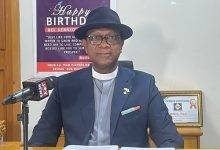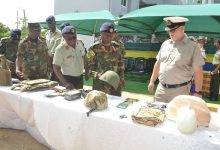
Some tertiary students were on Friday introduced to cyber diplomacy and norms as part of the closing session of the Africa Cyber security Experts (ACE) Community Kick-Off Meeting.
The students were from the Legon Centre for International Affairs and Diplomacy (LECIAD), Kofi Annan International Peacekeeping Training Centre (KAIPTC), National Union of Ghana Students (NUGS) and the Ghana Technology University College (GTUC).
Cyber diplomacy is the use of tactful tools and initiatives to achieve a state’s interest in cyberspace, while cyber norms are the existing international expressions of standards of appropriate behaviour in cyberspace.
They involve establishing communication between state and non-state actors, prevention of a cyber arms race, development of global standards and the promotion of national interests in cyberspace through cybersecurity policies and engagement strategies.
The session was to spur them on the global fight to protect all categories of data in the cyber space from theft and damage, as well as encourage them to take up a career in the field.
Mr Vladimir Radunovic, Director, E-diplomacy and Cybersecurity Programmes, DiploFoundation, said the session was important “as everything we do these days is digital and has the possibility of being hacked.”
“There is a huge danger, therefore, so it is essential for individuals and countries to make sure we combat these dangers in a way and address them,” he added.
Stressing that issues pertaining to cyber space were trans-border, Mr Radunovic said there were criminals who tried to benefit from cyber attacks against countries and that could have a global impact.
“It is important that we know how we will manage the international original cooperation against cybercrime because it is quite unlike the traditional crime which is absolutely local. Cybercrime is always global,” he added.
Dr Martin Koyabe, Senior Manager, African Union-Global Forum on Cyber Expertise (AU-GFCE)project, also said the session was to encourage the government, other institutions and agencies to take up cyber diplomacy “as a main career course that can be taken by any college or student anywhere.”
He again stressed the need for the provision of adequate funding to help ensure that experts were brought on boardto help train as many people as possible to meet demands.
Mr Koyabe again indicated the need for advocacy of issues related to cybersecurity so that people could relate to those issues in their daily lives.
Amtu Akunfi-Ameyaw, a student and member of the University Students’ Association of Ghana (USAG) and a beneficiary of the session, said it was an insightful one.
She said she got an understanding of the current state of international laws that existed to govern the operation of the cyber space.
Ms Akunfi-Ameyaw said she believed it was a collective effort that would help secure the cyberspace, reiterating that “we will just keep advocating for extensive use of it and just for entertainment.”
BY ABIGAIL ARTHUR







